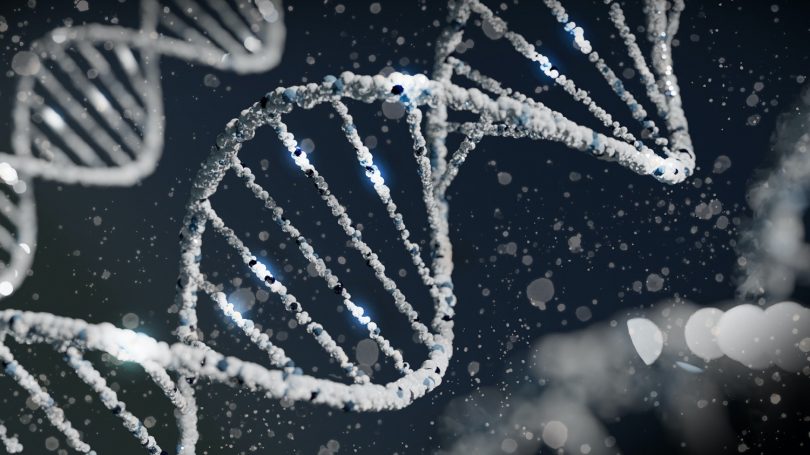The science of genetics evolves all the time. The old idea of ‘nature vs nurture’ stated that our health and behaviour was either genetically determined (nature) or it was environmentally determined (nurture). This reductionistic idea has evolved now we understand that our environment and our genome influence one another bi-directionally. Our genes don’t change, but they can be modified by something called the epigenome which includes all of the adjustments that affect whether the gene itself is switched on or off, this is the genetic activity.
The implications for this are enormous. Instead of believing that having a BRCA gene means certain development of breast cancer, we now know that we can take action to modify our diet and lifestyle to minimise the expression of that gene. It’s the same with most chronic diseases, the epigenome has the last say. There are certain inherited genetic diseases that are more determined and less environmentally influenced, so not all diseases can be avoided. The major players; obesity, cardiovascular disease, type 2 diabetes and many cancers can be avoided though, these and many more diseases. You can’t change the genes you have inherited but whether they switch on or off, is up to your environment.
So, what is your environment?
YOU are the environment. Your diet, how you move, how you love, your home, your bed, the area you live in, whether you educate yourself, if you eat fermented foods. This is all your environment. There is a lot within your control.
What is really amazing is that changes to the epigenome remain within the cell for DNA cell division so the cellular memory means that not only can the modifications you make as a result of improving your diet and lifestyle affect you and your health outcomes but they also affect the health outcomes of your children. This works in reverse as well which is one of the reasons why generations of children who were fed on junk food diets, antibiotics and sedentary living are having children with the same health problems they developed and worse. The health of our unborn children is literally in our hands.
There is a new and emerging field of nutrition called Nutrigenomics. Technology has now advanced sufficiently that a sample can be taken of your DNA and the relevant genes for health can be sequenced to see what slight variations have been inherited that may have positive or negative health outcomes. For example we can now see if a person is unable to make and process Vitamin D – essential for the immune system, hormone signalling and a host of other functions. If we know that they are genetically weak in this area, we can adjust their diet to make sure that they have constantly sufficient levels of Vitamin D so that they can always function properly and not suffer with mood disorders, thyroid issues or frequent illnesses.
We are in a fortunate period of time where it is now possible to get the facts about our biology, a kind of ‘get out of jail free’ card, where we can intentionally create the right environment for the right genes to switch on or off… the possibilities are amazing!
Main photo by Sangharsh Lohakare on Unsplash



